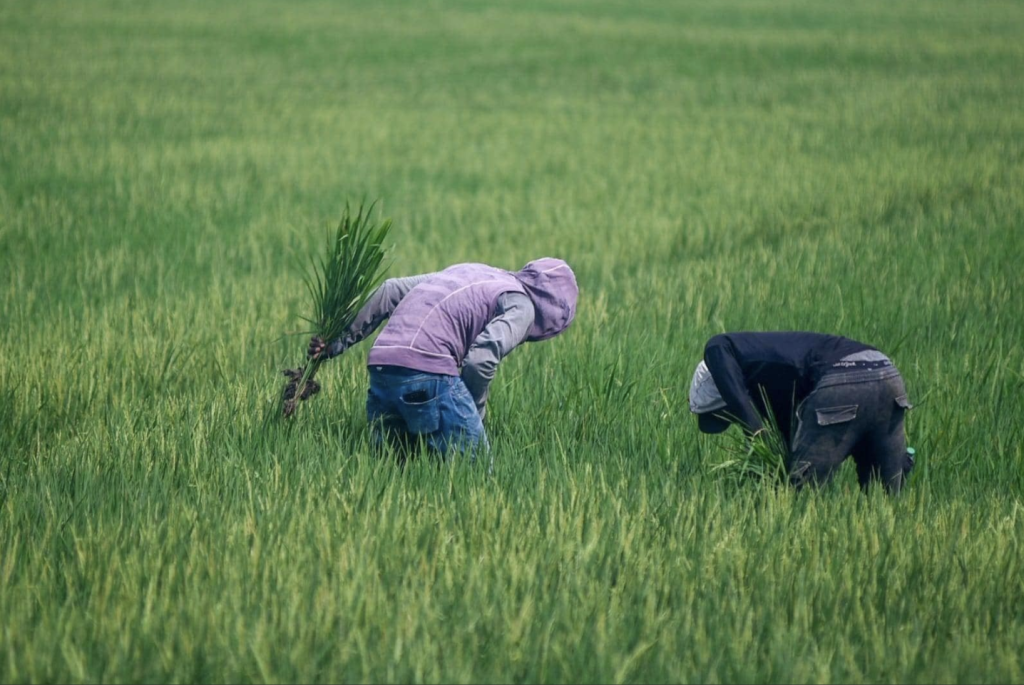
The Abinader administration seems to be leaving it up to the US government to appeal to the World Trade Organization (WTO) after by presidential decree a tax has been levied on US rice imports to protect Dominican rice production. The tax is a violation to the DR-CAFTA Treaty that had given local rice producers 20 years to prepare to compete with rice imports from the United States. Local rice producers say US production is subsidized which explains the lower prices.
With the DR-CAFTA provision for tax-free imports of US rice going into effect on 1 January 2025, the Ministry of Industry and Commerce announced that Decree 693-24 was issued to protect the nation’s rice production.
Acento explains that the decree that seeks to protect local rice producers is effective 17 December 2024 and maintains the existing conditions under the Dominican Republic-Central America-United States Free Trade Agreement (DR-CAFTA) while introducing new tariffs on rice imports.
According to Article 1 of Decree 693-24, rice products will be subject to the tariff treatment outlined in the Dominican Republic’s Schedule XXIII to the World Trade Organization (WTO). This means importers will pay a 20% ad valorem duty (based on the product’s value) on rice imports within the quota. For imports exceeding the quota, an exorbitant 99% ad valorem duty will apply.
To accommodate trade relations with the United States, Article 2 establishes a preferential quota of 23,300 metric tons of rice originating from the US, which will remain duty-free under the DR-CAFTA. However, rice imports from the US exceeding this quota will be subject to the Most Favored Nation (MFN) tariff of 99% ad valorem.
The government’s decision to impose these tariffs aims to protect local rice producers by making imported rice less competitive in the domestic market. This measure is expected to stimulate domestic production and reduce reliance on imported rice.
Acento interviewed Osmar Benítez, executive president of the Dominican Agro-Business Board (JAD), who explained that all nations have the right to invoke World Trade Organization (WTO) agreements to protect domestic industries. Benítez cited Article 1 of the WTO, which stipulates the establishment of a Ministerial Conference composed of representatives from all member countries. This conference, convened at least biennially, has the authority to make decisions on matters related to any multilateral trade agreement at the request of a member.
Read more:
Acento
Diario Libre
DR1 News
26 December 2024

